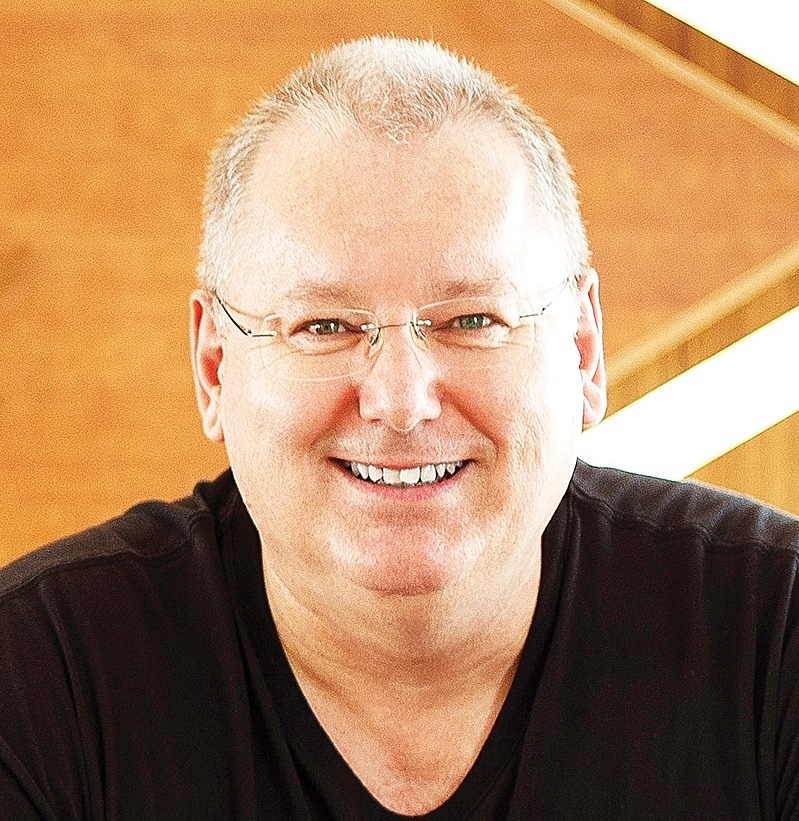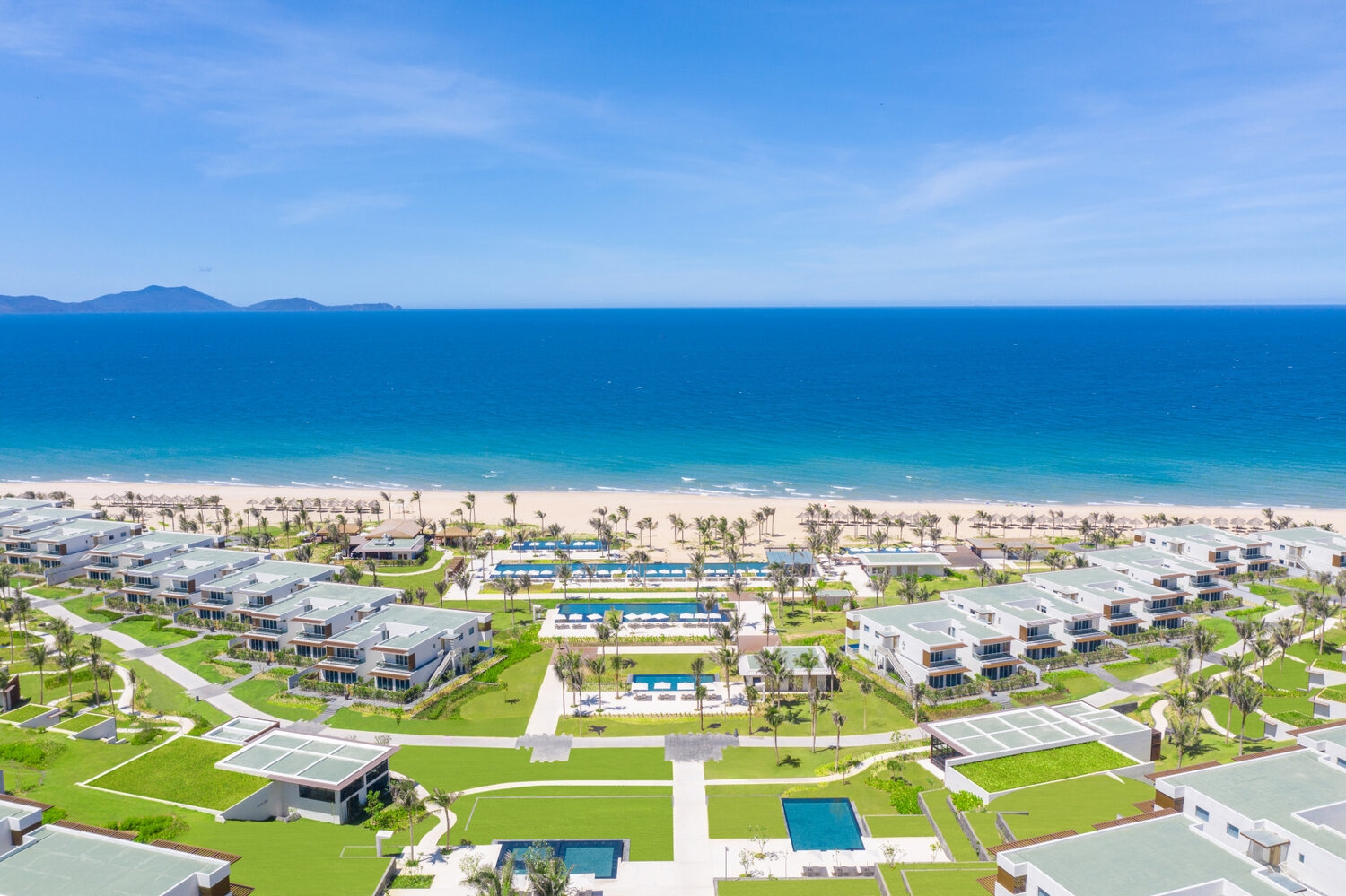Lessons from managing a new resort amid the pandemic
 |
| Herbert Laubichler-Pichler, general manager of Alma Resort on Cam Ranh’s peninsula |
When my team and I came together to open Alma’s doors last year, we were not just celebrating our resort’s debut. We were particularly proud of the blood, sweat, and tears we had poured into the 30-hectare resort’s pre-opening, which was not just prepared in months but years. Our enthusiasm for our first guests was unbridled, and we were pinning our hopes on 2020 as the best year of our hospitality careers.
Vietnam reported its first COVID-19 case on January 23. As the pandemic continued to spread, the country closed its borders to international arrivals from March 22 and, from April 1, implemented anti-pandemic restrictions nationwide. Just over three months after opening our 580-room resort on Vietnam’s scenic Cam Ranh peninsula, we temporarily closed on April 12.
Faced with an unprecedented situation, we opted to be as optimistic as possible, as the situation afforded us a unique opportunity we otherwise would not have had. We took advantage of the closure to scrutinise and alter Alma’s operations, services, and guest experiences based on what we had initially learnt about our guests’ habits and preferences. Equipped with rich insights, we were sanguine about making the resort better and more productive upon its reopening.
Despite the mountains of research you do before opening a hotel, there are always things you think will appeal to the guests that do not and vice versa. It is much harder to change, for example, your culinary landscape when you are busy attending the daily operations of the resort. As such, we not only combed through all of our menu items, looking at which dishes were selling and not, but we also overhauled entire dining concepts at numerous restaurants. Our beachfront restaurant Atlantis’ speciality morphed from Mediterranean cuisine to fresh, local seafood and excellent cuts of meat, while Asiana changed from a purely Japanese theme to modern Asian cuisine.
Staff training has been a major priority, particularly COVID-19 training to ensure our staff are fully versed in all of our health and safety procedures. We think of our whole team as housekeepers and cleaners to combat the threat of the virus. During restrictions, we have used technology wherever possible to deliver training, such as English lessons through Zalo video calls to avoid group sessions and also help staff still feel connected, supported, and that they belong to our community even though they were not physically present. We have also held refresher courses for standard operating procedures, and more systematic training in our various departments.
 |
| Alma Bolsters Health and Safety Standards In Response to Vietnam’s COVID-19 flare-up |
After reopening in May, we reported an average occupancy rate of 57 per cent in June across 196 pavilions and 384 suites. For August, we were set to welcome 10,260 guests. However, after 99 days straight of no community transmissions in Vietnam, and zero deaths, there was the flare-up of the virus in Danang. As a result, Alma’s winning streak with solid occupancy rates ended abruptly again. Currently, there have been no new cases in Vietnam for some time, after the authorities eased social distancing restrictions in our province and across the country in early September. We are relieved that life is returning to some normalcy and the Vietnamese are increasingly keen to travel again.
The hardest part for people working in hospitality is the instability of it all, with occupancy levels see-sawing depending on what is happening with COVID-19. When communicating with our staff, we have to explain the situation with empathy and assure them that we are trying our absolute best to generate as much business as possible wherever we can. Another big challenge is building confidence among consumers that we are a safe place to travel to. The third biggest challenge is keeping our business alive by reducing costs and streamlining wherever possible.
Of the lessons during this year, one of the most significant is that whatever we did in the past has to go out the window. As the pandemic era is just so unusual, we can never take anything for granted anymore. The industry is being forced to live with ongoing insecurity and instability.
I think there are many meanings behind the challenges we currently face. First, you have to ensure you have a very strong local base. I genuinely believe Alma is an open house for everyone, particularly our local community. From the beginning, we have been the only resort in our location without walls around our premises. We also have very affordable day passes giving locals and expats access to our infinity swimming pools, Splash Water Park, and our beautiful stretch of long beach, as well as food and beverage vouchers.
As I reflect on this rollercoaster ride of a year, I think of the proverb “smooth seas do not make skilful sailors”. You could liken COVID-19 to not only rough seas but a tsunami; one that has unleashed its fury on the tourism industry and brought it to its knees. The pandemic has irretrievably changed the hospitality landscape. Yet despite everything, tourism will eventually recover. And I know that the hard lessons my team and I have learnt are making Alma all the more resilient and innovative.
What the stars mean:
★ Poor ★ ★ Promising ★★★ Good ★★★★ Very good ★★★★★ Exceptional
 Tag:
Tag:
Related Contents
Latest News
More News
- Tides of Heritage: A Tet speciality at InterContinental Phu Quoc Long Beach (January 20, 2026 | 12:08)
- Muong Thanh launches Lunar New Year gifts inspired by tradition (January 16, 2026 | 16:41)
- The Grand Ho Tram seeks responsible entertainment with pilot casino access (January 16, 2026 | 10:56)
- Ocean Resort by Fusion Quy Nhon launches Lunar New Year 2026 package (January 15, 2026 | 11:11)
- Regent Phu Quoc announces general manager appointment (January 15, 2026 | 11:06)
- Fusion to debut two landmark hotels in early 2026 (December 26, 2025 | 11:46)
- Pan Pacific Hanoi unveils festive season of light and music (December 15, 2025 | 18:22)
- JW Marriott Hotel & Suites Saigon unveils festive initiatives (December 12, 2025 | 15:12)
- Festive magic by nature unfolds at JW Marriott Cam Ranh Bay Resort & Spa (December 11, 2025 | 18:17)
- The Reverie Saigon presents festive programme (December 11, 2025 | 18:15)






















 Mobile Version
Mobile Version